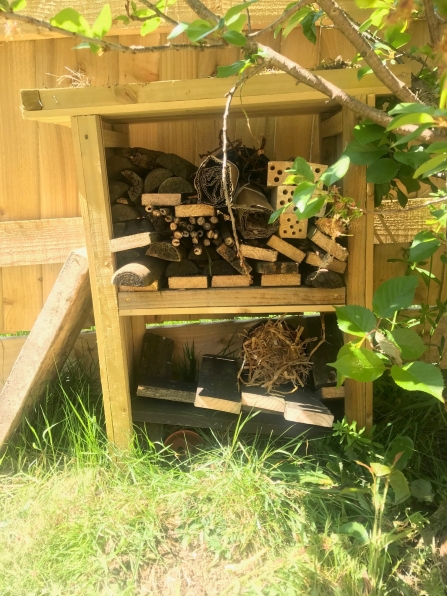Right now, connecting to nature, and taking some time out is more important than ever, but knowing what to do can be daunting, especially if you’re not able to leave your house. The Five Ways to Wellbeing, developed by the New Economics Foundation, offer a helpful framework. This is week four of my wellbeing blog, giving you helpful tips and tricks to take time out, whatever you’re doing and wherever you are. This week we’re going to focus on staying active.
Being, and staying, active is good for us. Regularly raising your heart rate to a point where you feel out of breath not only increases your physical health, but it also helps halt cognitive decline. Exercising outdoors has been shown to have a greater impact on our mental and physical wellbeing than exercising indoors. The Wildlife Trusts own research on the health and wellbeing impacts of volunteering shows that volunteering with the Trusts for just 12 weeks can have a significant impact on wellbeing. We also know that exercising is the main reason people cite for visiting greenspace. The Monitor of Engagement with the Natural Environment (MENE) research, which has been conducted for the last 10 years, shows a steady increase in the number of people citing that they visit greenspace for exercise, making it the number one reason for visiting by the time the last survey was conducted in 2019. So, put simply, a walk outside is beneficial for our health, especially if you combine being active with the other ways to wellbeing I’ve talked about in previous blogs, taking notice (especially of nature) and connecting with others in your household. What else can you do to stay active, both physically and mentally? The usual list, whether you’ve got a minute or an hour, is below.


